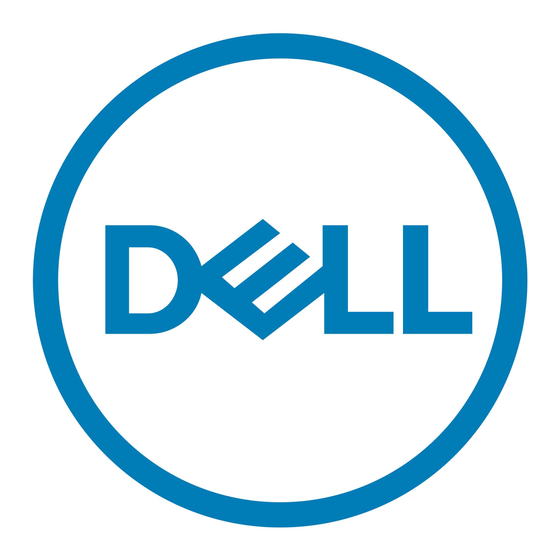Dell DX6000 Manuel de configuration - Page 4
Parcourez en ligne ou téléchargez le pdf Manuel de configuration pour {nom_de_la_catégorie} Dell DX6000. Dell DX6000 7 pages. Rack installation instructions — static rails
Également pour Dell DX6000 : Manuel complémentaire (4 pages), Instructions pour l'installation du matériel (2 pages), Manuel de l'utilisateur (46 pages), Manuel d'installation et de configuration (43 pages), Manuel d'installation et de configuration (35 pages), Manuel de démarrage (28 pages), Avis (28 pages), Avis (20 pages), Vue d'ensemble (19 pages), Manuel de configuration (9 pages), Manuel de configuration (9 pages), Note de mise à jour (8 pages), Manuel de référence (12 pages), Note de mise à jour (6 pages), Note de mise à jour (5 pages), Notes de mise à jour (5 pages), Instructions d'installation (2 pages), Instructions d'installation (2 pages)

